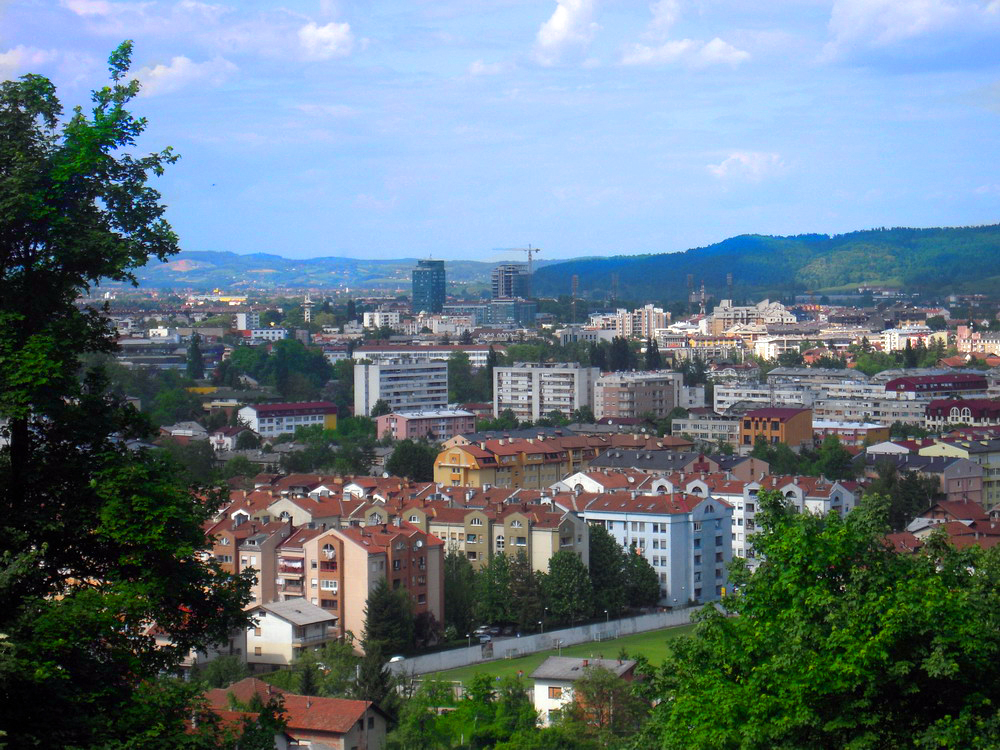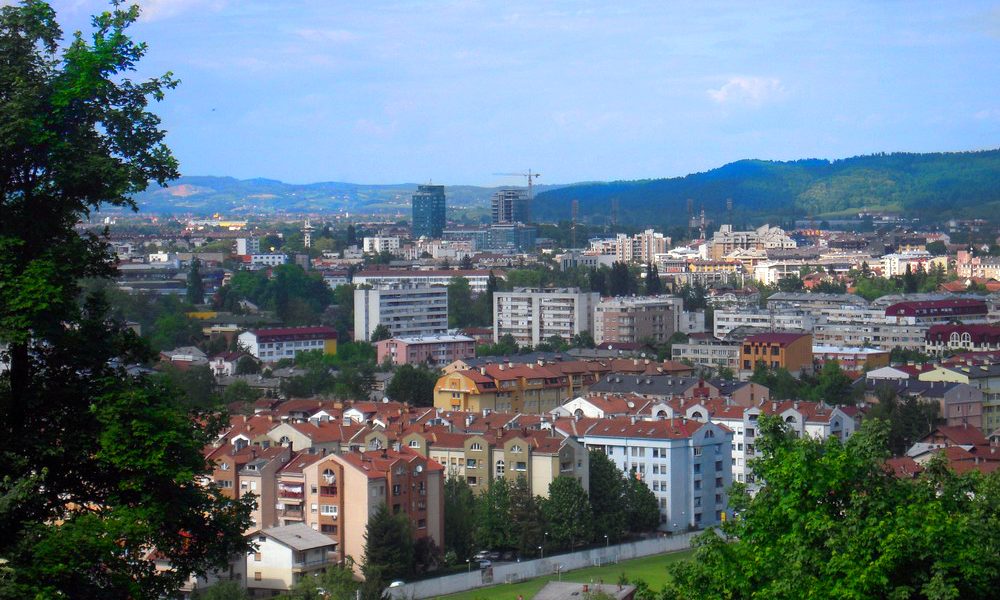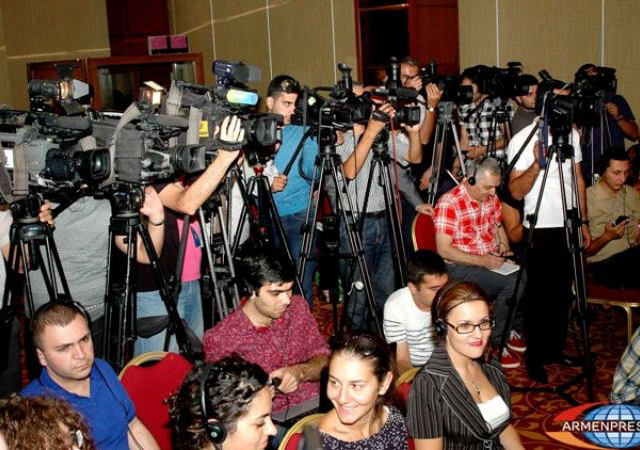
Bosnia and Herzegovina goes to the polls on 7 October to elect the members of the Presidency (one Bosniac, one Croat and one Serbian) and members of the Parliamentary Assembly of BiH, and also the Presidents and legislatures both of the Federation of Bosnia and Herzegovina (FBiH), and the Republika Srpska (RS). The outcome is being hotly contested, and much hangs in the balance.
This fragile country with its power sharing system enshrined in an agreement that brought an end to the war more than 20 years ago, is still on track to aspire to be included in the enlargement of the EU to embrace the Western Balkans. But it lags behind other applicants which are much further down the track.
The country is also facing challenges from the current turbulence welling up in the Balkans in reaction to the recent land-swap deal proposed to amend the borders between Serbia and Kosovo which has been supported by the EU. Any talk about redefining boundaries inevitably calls into question many other issues in this troubled region.
Bosnia applied for EU membership in 2016, and according to this year’s EU report on its preparedness for enlargement, it is still at an early stage with the reform of its public administration, and reforms are generally progressing at a slow pace. However, significant efforts are needed to improve the capacity for countering terrorism as well as to enhance cooperation with neighbouring countries on border management issues. Alignment with the EU Common Foreign and Security Policy also needs to be improved.
Internally in Bosnia, there continue to be disputes concerning the budget, for which the Republika Srpska (RS) is calling for greater financial independence, not least because the RS is successfully attracting inward investment. The Financial Times recently recently described the RS as one of the 10 priority regions for investment in Europe. Banja Luka is calling for full compliance with the Dayton Accords to take proper advantage of this.
Bosnia has made some progress on economic development, but is still at an early stage of establishing a functioning market economy. Key remaining issues are a weak rule of law, a still poor business environment, and a fragmented and inefficient public administration.
More crucially, there is a threat from the growth of Islamic extremism in the Balkans, as a new of migration wave enters Europe via Bosnia. Many people from the Middle East have made Sarajevo a convenient place to move further to Germany and other countries of northern Europe. This year it is estimated that more than 15,000 migrants have entered Bosnia from Pakistan, Iran, Afghanistan and other countries which the country’s administrative system is failing to adequately cope with.
We should recall the lessons of history and that of the 11 participants in the September 11, 2001 terrorist attack in New York, 6 people fought before that in Bosnia as part of a special jihad team within the Muslim detachments in Zenica, and 3 of them had Bosnian citizenship.
The US State Department’s latest country report on terrorism states that Bosnia and Herzegovina has continued to increase its anti-terrorist capacity in 2017, but legislative loopholes and lenient sentencing remain major challenges.
“Some operational domestic coordination exists, but interpersonal and interagency infighting and stovepiping undermined effective cooperation. Extremist ideology and regional nationalist extremist groups remained potential sources of terrorism in Bosnia, and little progress was made on rehabilitation and de-radicalisation.” the report states.
By contrast, the US State Department Report comments favourably on the fact that the Republika Srpska passed a new criminal law that treats minor offences related to terrorism in accordance with international standards, and the joining of foreign paramilitary forces as a criminal offence.
Bosnia still remains a potentially explosive hotbed of islamic radicalism. The issue of control over the growth of Islamic influence in the Balkans is complicated by the fact that Bosnian Muslims do not currently have a promising leader – the current leader of the Bosnian Muslims Bakir Izetbegovic can no longer serve as a member of the country’s Presidency because he has already served two consecutive terms.
At the same time, the expansion of Islam in the Balkans is far from over – the number of muslims in the population of BiH is at 50.1%, compared to the situation of 20 years ago, when they made up less than 44% of the population.
In this context an independent Republika Srpska within Bosnia Herzegovina is absolutely key to stability and security in the Western Balkans as a sustainable regional force that can balance against the growth of Islamic influence and the expansion of Islam in the Balkans, and act as a bulwark against the growth of terrorism.




